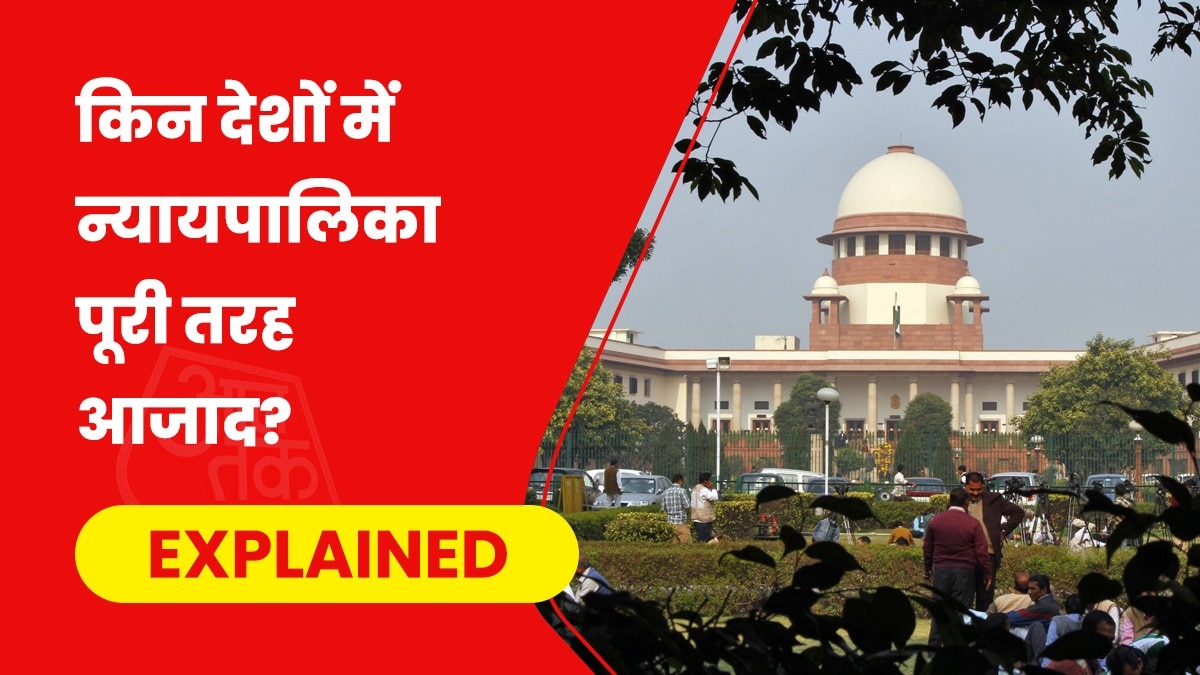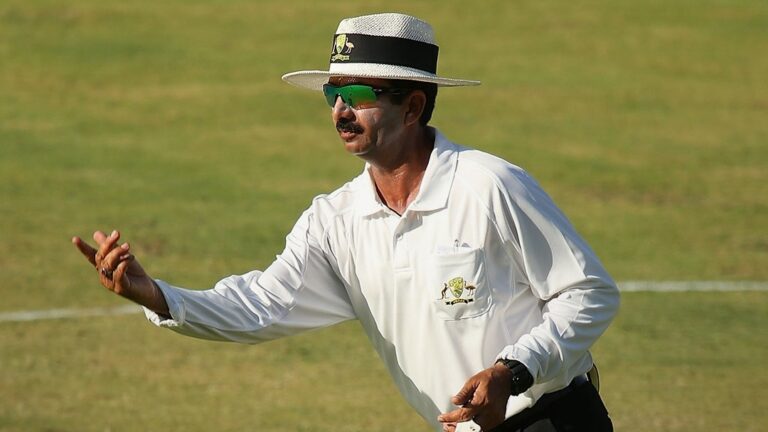How is the conduct of judges examined, when and how can they sue? – Allegations on Delhi High Court Judge Justice Yashwant Varma How the Judiciary Work India Ntcpmj
About 10 days ago, a heavy cash was found during an accident in the house of Delhi High Court judge Yashwant Verma. Justice says that not cash, although questions are being raised whether there is no rule for the conduct of judges in the country and action on them. At present, Justice Yashwant Verma case is under investigation. Even before this, there has been a lot of earthquake about judges. Even the matter reached impeachment.
There are many rules and procedures to deal with judges’ conduct and possible corruption to maintain the independence of the judiciary in the country. But how effective are they? And is the property of the judges properly monitored?
In order to see the moral conduct of the judges, the Supreme Court in 1997 issued a code of conduct of judges’ conduct, which is called the Restage of Values of Judicial Life. This is not a law, which has to be followed, but all judges voluntarily consider it. Under this, judges cannot participate in any political activity. They cannot use their position to benefit their family or friends.
In Article 124 (6) of the Indian Constitution, the Supreme Court and Article 219 have to take oath of protecting and justice of the Constitution.

Can the property of judges be investigated
In 2009, the then Chief Justice of the Supreme Court K.G. Balakrishnan opposed the proposal to make the property of the judges public. Later, the judges decided to announce their assets on their own, but it was not made mandatory. The property of the judges of the Supreme Court and the High Court is details on the court website but there is no obligation.
If a judge is found taking bribe or involved in corruption, then CBI or other agencies can investigate. However, permission has to be obtained from the center for investigation against the Supreme Court and the judges of the High Court, which can make the action long or difficult.
When can the judges remove
In India, the only way to remove judges from their post- impeachment. It is possible to impeach the High Court judge. The removal process was made so hard so that the judges can work relaxed while staying away from the pressures. Under Article 124 (4) and Article 217 of the Constitution, the process of removing judges from the post has been fixed. Although this is a very difficult process, but if the judge is accused of wrong behavior or lack of ability, then such a step can be taken.

Who is called wrong behavior
There is no direct definition of this. But the Supreme Court issued a guideline related to conduct and morality for the judges, which is called Judicial Athics. A lot of guess is made from this. Apart from this, if the concerned judge is surrounded by allegations like bribery, or if his character looks corrupt, then these things also fall in this category. If the High Court judges become victims of any disease in which their ability to take decisions, or they do not have much understanding of the law, then this proposal can be brought.
What is the whole process
The proposal for impeachment is introduced in one of the houses of Parliament.
On this, support of at least 100 MPs in Lok Sabha or at least 50 MPs in Rajya Sabha should be available. After the proposal is produced, a three -member committee is formed, in which there will also be a judge of the Supreme Court.
If the committee finds the allegations correct, the proposal is presented in both houses of Parliament.
The proposal must be passed by a two-thirds majority.
What action when proven
If the impeachment passes, the President will issue an order to remove the concerned judge from the post. This is a constitutional action. After this, judges cannot take government services. If any criminal case is also included in impeachment, then the investigation goes on in a normal manner.
When did the impeachment motion came
At the beginning of the ninety, impeachment was brought on allegations of corruption against Supreme Court judge V Ramaswamy but it could not be passed in the Lok Sabha.
– This proposal came for money against Kolkata High Court judge Soumitra Sen but he already resigned.
In the year 2018, the opposition parties alleged the misconduct and sought impeachment motion on the then Chief Justice Deepak Mishra but the then Rajya Sabha Chairman rejected him.

In which places the judicial system is the most independent
By the way, almost all the countries decide that their judiciary can do its work beyond any pressure, but the Nordic countries are at the forefront of it. There, a common citizen can go to court against any powerful leader or big businessman and can also win if he is right. There is neither pressure of power, nor bribe competition on the judges here. The judiciary of Sweden, Norway, Denmark, Finland and Iceland was often considered the most honest.
In most countries, governments are often accused of affecting the appointment or transfer of judges, but in the Nordic country, all this is completely merit-Best. No government leader or minister can interfere in the appointment of judges. There is a Judicial Appointment Board, whose job is to see.
If the judges here tell about their property on their own, then there will be no investigation. At the same time, in these countries, judges have to make their property public every year. Even after this, if a judge looks rich in a suspicious way, then the investigation starts immediately. For this, one does not have to wait to get permission from the center. This is the reason that more than 90 percent of Norway, Denmark and Sweden citizens consider their judiciary to be reliable.
(tagstotranslate) allegations on delhi high court judge justice yashwant varma






